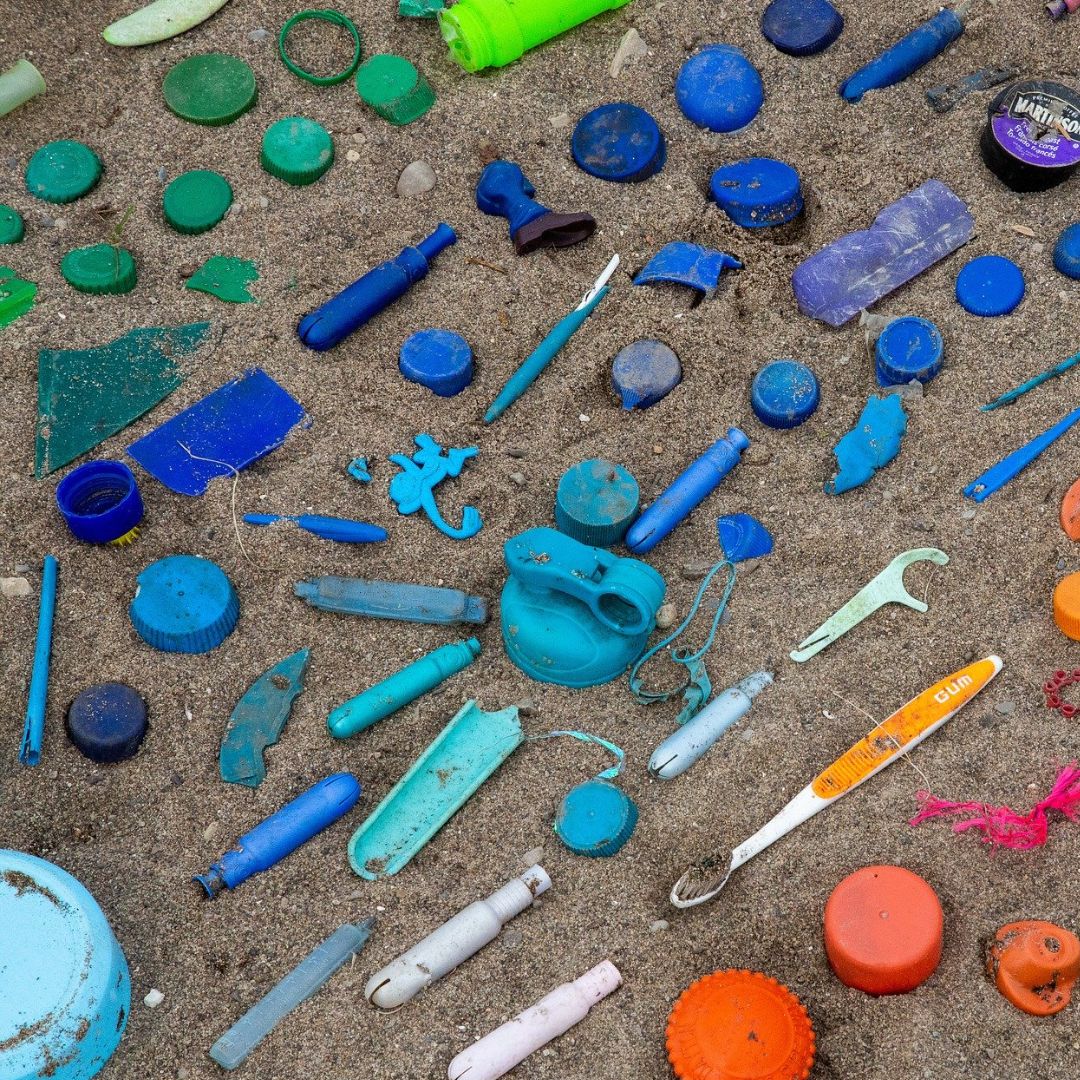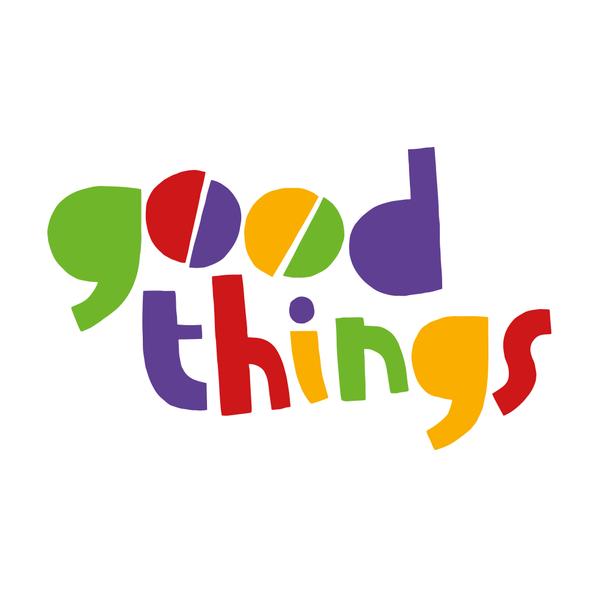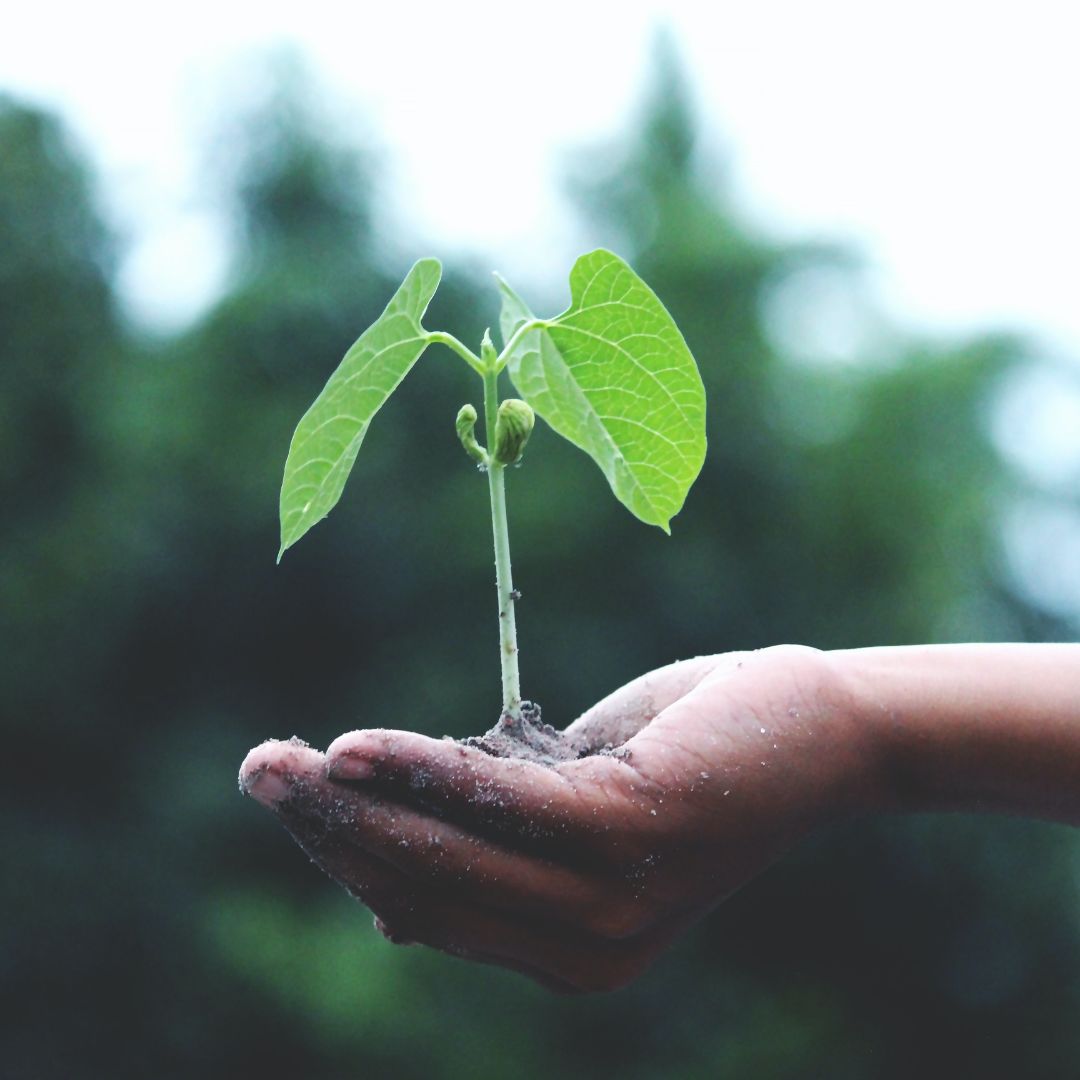
Plastic Free July: Why Is Plastic a Problem and What Can We Do?
Share

Every year plastic-free July gets bigger and bigger as millions of people around the world pledge to refuse single-use plastics for a month. The aim is to help people develop life-long habits and to challenge schools, workplaces and businesses to change their practices too.
We all know plastic pollution is a huge problem. But where does all our plastic actually go, and how do you reduce your plastic use, or go plastic-free?
- Where does our plastic go?
- Why is plastic such a problem?
- How you can reduce plastic use, including practical ideas to get you started
We'll also explain why it's important to hang on to the plastic you already have (yep, you heard that right!).
Where does our plastic go?

We're all familiar with plastic, until very recently it was the go-to material, used in our homes, to protect our products, in the vehicles we drive and in our workplaces. It's strong, it's flexible and it's hard to break. Which seemed like a good thing, until recently.
According to the UN, only 9% of all the plastic ever produced has been recycled. 12% was incinerated (not a great option), and a horrifying 79% has been dumped, either in landfill, or worse, it's now polluting our natural environments. Plastic pollution is in our oceans, rivers, a significant amount has even been discovered in the Arctic and on Mount Everest.
Did you know there's a floating mass of plastic waste in the Pacific ocean that's three times the size of France?

Above, the most common types of plastic pollution
This is our problem. The most common types of plastic pollution found in a global survey were cigarette butts (their filters contain tiny plastic fibres), plastic drinks bottles, bottle lids, food wrappers, plastic bags, drink lids, straws and stirrers. These are items many of us use on a regular basis.
Why is it such a problem?
So what does this plastic actually do? Plastic doesn't break down (remember how great we once thought that was?), it just gets smaller. That's why we're hearing more and more about microplastics. These tiny plastic particles are in our tap water, in snow in the Arctic, and they're eaten by animals who mistake them for food. Millions of animals die every year because of our plastic.
It's estimated 52% of all sea turtles have ingested plastic, and one piece is enough to kill a turtle. A couple of years ago I spent time on a turtle conservation project in Costa Rica and saw the damage plastic pollution is causing for myself. Read my blog about my experience here.
Many animals die because they become tangled in plastic waste. Others starve because their stomachs are inflated with plastic, or their digestive systems get blocked. We're now learning that plastic causes liver and cell damage for some animals, and it can cause them to lay fewer eggs (this was true for the turtle populations in Costa Rica).
Horrifyingly 10 million tons of plastic gets dumped in our oceans every year.
What can we do?
Ok, it's a big problem. So big it can feel overwhelming. But every single one of us can make changes that have an impact.
Start by reducing the amount of single-use plastic you use
- Half of all plastic is designed for one-time use. That's incredibly wasteful and means single-use plastics account for a large amount of our plastic waste. Typical examples are shopping bags, food wrappers and packaging and drinks containers.
- Invest in a reusable cup and shopping bag and take them with you wherever you go. Did you know we use 2.5 billion disposable coffee cups in the UK every year? Reusables come in loads of eye-catching designs and you can often save money by bringing your own.
- Find your nearest zero waste shop. Zero waste shops are springing up all over the place. They're a brilliant way to reduce your plastic waste and will help you develop new habits. Find your nearest one here and make sure you remember your container!
- Find out whether you can recycle the unrecycable. TerraCycle help people recycle products like crisp packets that might otherwise go to waste. Simply search the item you'd like to recycle and your location to find out how.
If you have plastic, reuse it!
- When we're thinking about plastic-free living it's easy to imagine a home full of wood, glass and metal, completely free from plastic. But remember, plastic causes harm when it's thrown away. The best thing we can do is continue to use and repurpose what we already have. Think bottles and yoghurt pots repurposed as plant pots or containers, and even plastic bags made into yarn! Head over to Pinterest for loads of inspiration. Here at Good Things we have an awesome range of toys made entirely from recycled plastic milk bottles and pens created from repurposed single-use plastic!
- Create an Ecobrick! Have you heard about this movement to capture plastic waste in bottles and then use them as building materials? Find out what it's all about and how to do it.

Conduct a plastic audit
- Monitor the plastic waste you're producing over a week, or even a month. Then focus on the areas where there's most waste first. Start with one area like your fridge, bathroom cabinet or kitchen cupboard. Incremental changes add up and you'll soon find you're noticing a difference.
- The Big Plastic Count took place in May but you'll find ideas and tools for tracking how much plastic you're using and you could always get involved next time.

More ideas
- SHiFT provides loads of ideas for action on ocean plastic. Their platform helps you explore options to combat plastic waste and choose the right one(s) for you to make the biggest impact. Check it out.
- Plastic Free July is a movement to reduce plastic waste. Sign up and join millions of others in pledging to refuse single-use plastic for a month.
Have you managed to find clever ways to reduce your plastic use or reuse plastic at home? We'd love to know! Comment below.
At Good Things you’ll find inspiring ethical and sustainable gifts that support charities, empower people and protect our planet. Discover gifts for all ages and inspiring ideas like cards that plant trees, handmade cushions empowering people in Tanzania and eco toys made from recycled milk bottles. Have a look at our collections.
Check out more Little Ways to Love the Planet or sign up to have Good Things popped into your inbox every weekend.







